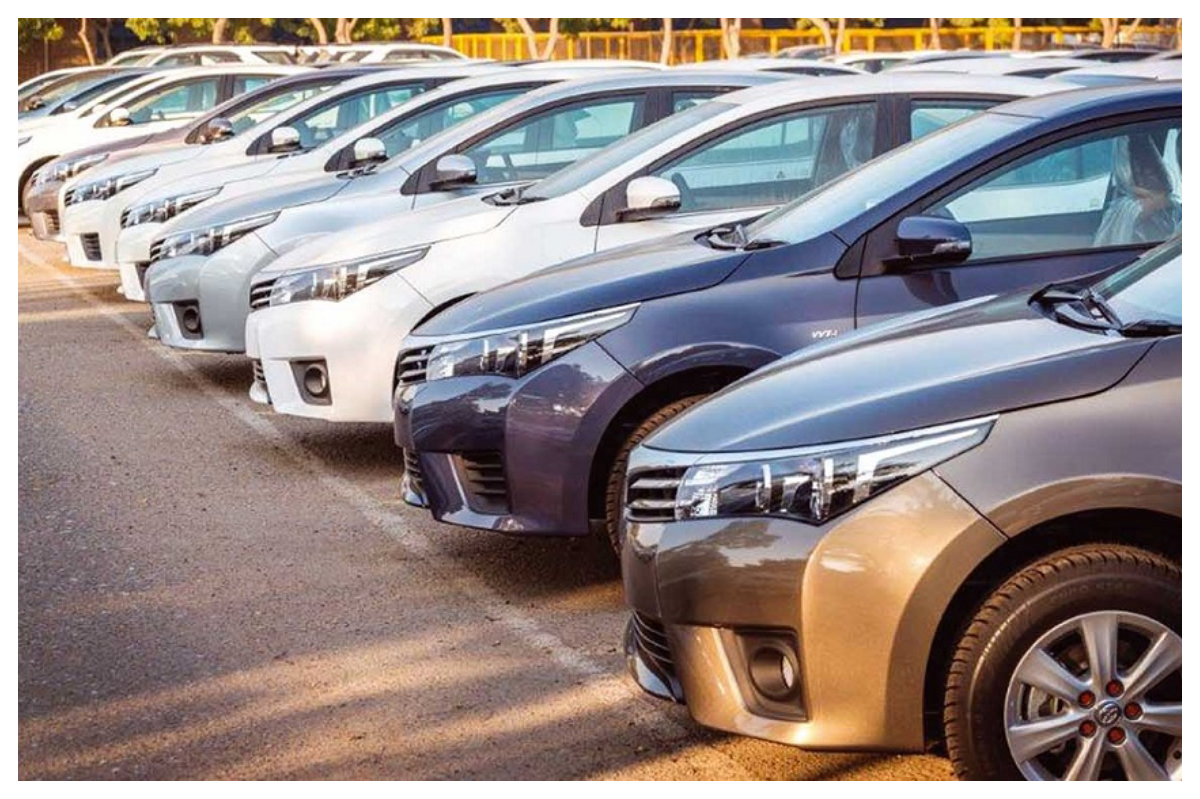In a distressing turn of events, Pakistan’s auto industry is grappling with unprecedented challenges as car sales plummet below pandemic levels, reaching figures worse than those recorded two decades ago. The need for immediate intervention to reverse this alarming trend is evident, and a multi-faceted approach is crucial to breathe life back into the faltering automotive sector.
Breathing Space for the Middle-Class:
The middle class, a key driver of volumetric vehicle sales, finds itself shackled by rising inflation, soaring commodity prices, utility bills, and escalating fuel costs. The financial strain has forced many to adopt cost-cutting measures, including carpooling and minimizing the use of 4-wheelers. To rekindle the desire for new cars, a crucial step is to provide the middle class with breathing space by addressing economic burdens and enhancing purchasing power.
Realistic Car Prices:
The mind-boggling prices of cars in Pakistan have created a significant barrier to entry for potential buyers. While currency depreciation is a contributing factor, local assemblers’ claims of achieving high localization levels have not translated into realistic pricing. Lowering car prices to reflect actual costs will undoubtedly have a positive impact on sales and make locally available automobiles more accessible.
High Taxes on Automobiles:
The heavy tax burden on automobiles, accounting for nearly 40% of a vehicle’s price, is a substantial deterrent for potential buyers. Government intervention to reduce taxes will bring down the overall cost of cars, making them more affordable for the masses and stimulating sales.
Uneven Tax Burden:
A reform in the tax system is imperative to distribute the burden more equitably. The salaried class currently shoulders a disproportionate share of the tax load, while other sectors such as real estate, mills & industries, and agriculture remain undertaxed. Addressing this imbalance will contribute to a fairer and more sustainable economic model.
Expensive Auto Financing:
The exorbitant increase in interest rates on auto financing, reaching an astounding 22%, has stifled consumer interest in purchasing new vehicles. Government efforts to reduce interest rates and make auto financing more affordable will reignite the demand for cars and provide a boost to the industry.
Dire Need for Affordable & Fuel-Efficient Cars:
Pakistan’s auto sector lacks comprehensive policies, resulting in the introduction of globally obsolete models with no regard for emission standards or safety compliance. The urgent need for modern and fuel-efficient cars cannot be overstated. Implementing stringent quality control measures and incentivizing the production of environmentally friendly vehicles will not only reduce the burden on fuel imports but also entice consumers with reasonably priced, fuel-efficient options.
In conclusion, the revival of Pakistan’s auto industry demands a holistic approach addressing economic challenges, taxation reforms, and the introduction of modern, affordable, and environmentally friendly vehicles. The government, industry stakeholders, and policymakers must collaborate to implement these necessary changes and pave the way for a thriving and sustainable automotive sector. The time for action is now, for the benefit of both the industry and the aspiring car owners in Pakistan.
[embedpost slug=”/car-sales-declined-in-july-due-to-increased-prices/”]

















